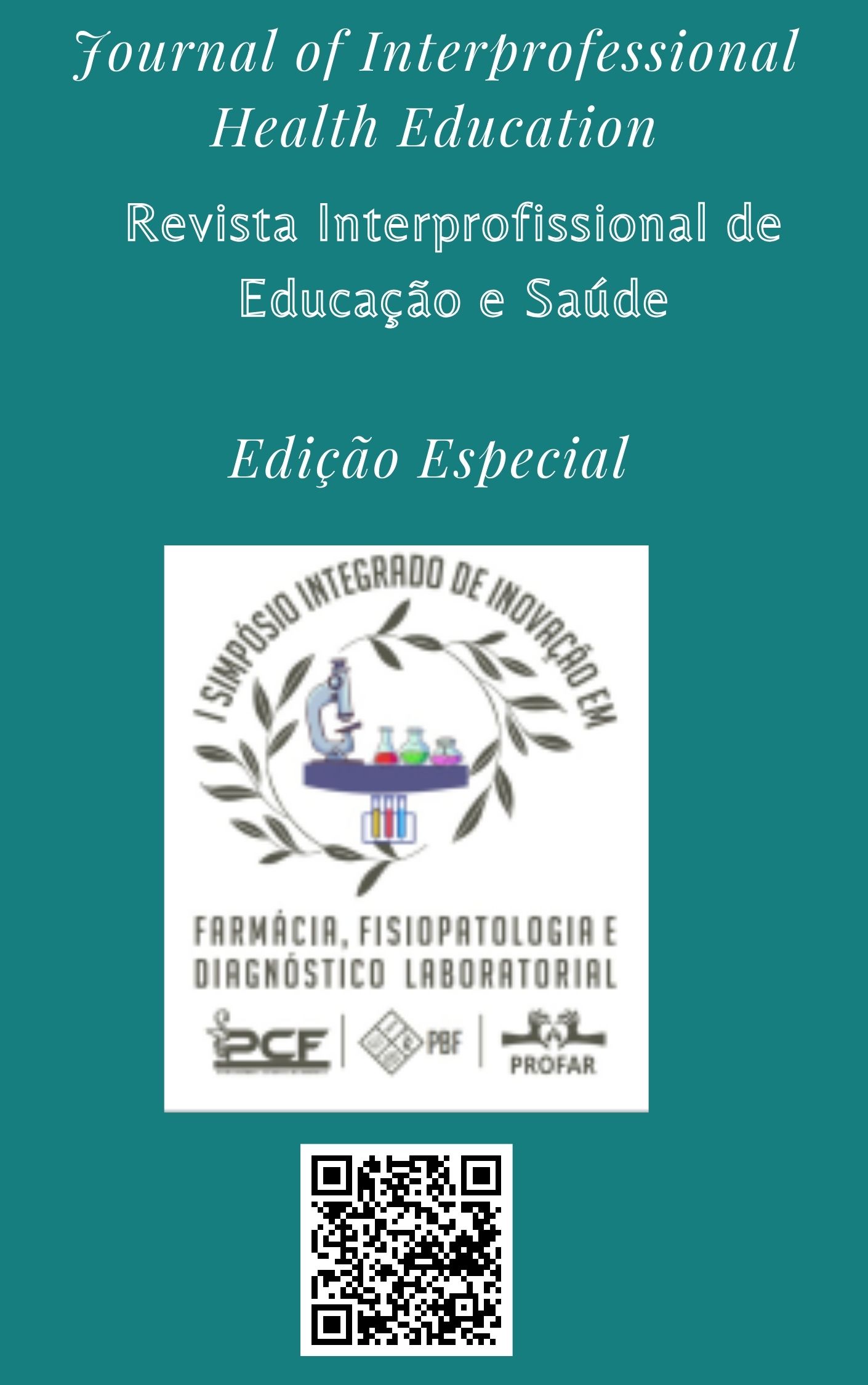Temas de Tecnologia Farmacêutica
Main Article Content
Resumo
Tema 1:Plantas da medicina tradicional chinesa:Estudos de estabilidade são realizados após o desenvolvimento de uma nova formulação, com intuito de prever, determinar ou acompanhar o seu prazo de validade. Estudo de estabilidade acelerada são projetados para acelerar a degradação química e/ou mudanças físicas de um produto farmacêutico em condições forçadas de armazenamento. A Medicina Tradicional Chinesa, incluída no SUS desde o ano 2006, baseia-se na divisão do universo entre dois princípios: yin e yang, que são subdivididos em fases de regulação, e são estas fases que mantêm o organismo em equilíbrio.
Tema 2: ESTUDO DO COMPORTAMENTO REOLÓGICO DE PREENCHEDORES DÉRMICOS EM DIFERENTES TEMPERATURAS
Os preenchedores de ácido hialurônico (AH) são os procedimentos estéticos mais populares e realizados no mundo. São compostos por biopolímeros biocompatíveis, e são amplamente utilizados para hidratação, aumento do volume facial e correção de rugas. Várias marcas de preenchimentos estão atualmente disponíveis no mercado, e suas características reológicas são extremamente variáveis. A reologia é uma área da física que estuda a deformação de uma amostra sob a influência de tensões. É de extrema importância diferenciar características como a extrusão do filler da seringa e sua degradação in vivo. Objetivo: Compreender como a influência da temperatura pode alterar as propriedades reológicas em preenchedores de AH.
Tema 3:
FILMES ODONTOLÓGICOS CONTENDO MICROPARTÍCULAS DE EXTRATO VEGETAL PARA TRATAMENTO DE DOENÇAS PERIODONTAIS
As doenças periodontais estão entre as mais comuns do mundo incluindo a periodontite, tornando se cada vez mais séria. Dentre os diversos fatores etiológicos da doença destacam-se, além da higiene oral precária, o tabagismo, infecções bacterianas no periodonto e fatores genéticos. Limonium brasiliense, conhecido como baicuru, é uma planta que apresenta atividade bacteriostática, antioxidante, antiviral e anti-inflamatória demonstrando grande potencial no tratamento da periodontite.
Downloads
Article Details

This work is licensed under a Creative Commons Attribution-NonCommercial-ShareAlike 4.0 International License.
Declaro que o presente artigo é original, não tendo sido submetido à publicação em qualquer outro periódico nacional ou internacional, quer seja em parte ou em sua totalidade.
Os direitos autorais pertencem exclusivamente aos autores. Os direitos de licenciamento utilizados pelo periódico é a licença Creative Commons Attribution 4.0 (CC BY NC 4.0): são permitidos o compartilhamento (cópia e distribuição do material em qualquer suporte ou formato) e adaptação (remix, transformação e criação de material a partir do conteúdo assim licenciado para fins não comerciais
Recomenda-se a leitura desse link para maiores informações sobre o tema: fornecimento de créditos e referências de forma correta, entre outros detalhes cruciais para uso adequado do material licenciado.
Referências
Faivre J, Gallet M, Tremblais E, Trévidic P, Bourdon F. Advanced Concepts in Rheology for the Evaluation of Hyaluronic Acid-Based Soft Tissue Fillers. Dermatol Surg. 2021 May 1;47(5):e159-e167.
Zerbinati N, Sommatis S, Maccario C, Capillo MC, Grimaldi G, Alonci G, et al. Toward Physicochemical and Rheological Characterization of Different Injectable Hyaluronic Acid Dermal Fillers Cross-Linked with Polyethylene Glycol Diglycidyl Ether. Polymers (Basel). 2021 Mar 19;13(6):948.
Zerbinati N, Capillo MC, Sommatis S, Maccario C, Alonci G, Rauso R, et al. Rheological Investigation as Tool to Assess Physicochemical Stability of a Hyaluronic Acid Dermal Filler Cross-Linked with Polyethylene Glycol Diglycidyl Ether and Containing Calcium Hydroxyapatite, Glycine and L-Proline. Gels. 2022 Apr 23;8(5):264.

